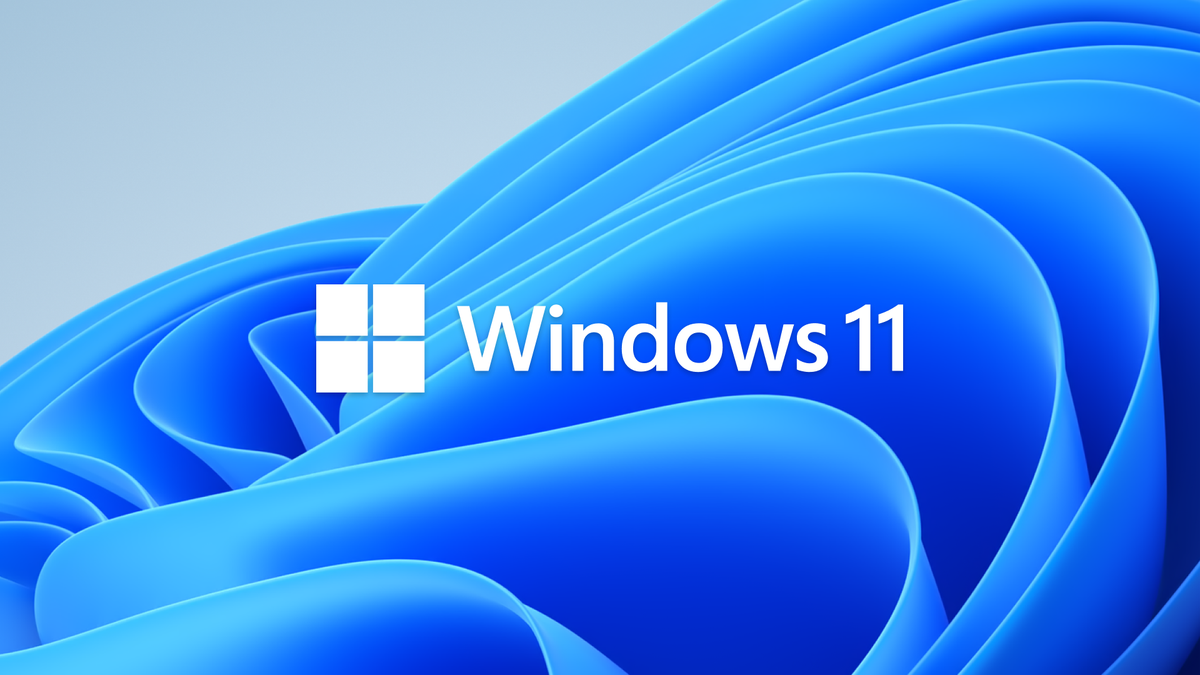4 Emerging GenAI Trends in Legal Tech
This blog continues the exploration of GenAI’s impact on legal tech, which started in 6 Ways GenAI Is Changing Law Services & Legal Practice.Rapid advancements in generative AI (GenAI) are expanding the technology’s use cases across industries. One industry in particular that is seeing many unique and diverse applications is legal tech — or LegalTech — which is the use of technology and software to provide legal services, improve legal processes, and enhance the delivery of justice.In 6 Ways GenAI Is Changing Law Services & Legal Practice, I share a list of use cases currently in the market and provide examples of how each one is revolutionizing the way law firms and legal practices work. But these are only a few examples of the changes GenAI is bringing to legal tech. To further understand its possibilities, let’s dive into four of the trends that have emerged to meet the needs of companies and customers. 4 Emergent GenAI Trends in Legal TechTailoring for Court-Specific OutputsOne of GenAI’s most valuable features is that it can tailor itself to fit users’ specific needs. In some legal cases, it’s not just being used to sum up information or suggest clauses, but actually drafting legal arguments or specific outputs for court filings.Thomson Reuters’ CoCounsel, which was developed in collaboration with OpenAI, focuses on providing more advanced legal research capabilities through GenAI. CoCounsel aims to draft legal arguments and briefs by analyzing the context of ongoing litigation and crafting responses tailored to specific legal questions. It goes beyond simple search-and-summarize functions, generating nuanced, case-specific legal arguments for users.Anticipating Human Reactions to DocumentsAnother emerging trend is GenAI that can help legal professionals anticipate another party’s reaction to how a contract is drawn up. One organization that provides these services is Spellbook, which offers a GenAI tool that assists in contract negotiation by drafting responses and suggesting edits directly within a negotiation process. It helps lawyers anticipate counter-arguments and suggests changes to improve or defend specific clauses — or make language less aggressive. Spellbook’s offering tailors to active human negotiation, which goes beyond language generation by helping attorneys better understand sticking points in contracts — before the document goes into the other party’s hands.Replacing or Enhancing the Role of ParalegalsThe role of paralegals may be replaced or enhanced through the use of GenAI tools. For example, Harvey.ai provides a GenAI tool tailored for internal legal use and is primarily focused on producing highly tailored legal memos. It takes complex questions about case law or regulatory issues and generates comprehensive, domain-specific memos with some understanding of jurisdictional variations. This specialization produces detailed, customized legal analyses, much like an AI-powered paralegal.Specialized and Niche Domain Expertise in Areas Like Tax Law or M&A GenAI can help organizations fill specialized and niche roles to help meet their specific needs. For example, Ailira initially started as a general legal research tool but more recently developed capabilities for providing detailed guidance on tax law, particularly in the Australian market. It interprets complex tax regulations, generates personalized tax advice, and assists in drafting tax-related legal documents for individuals and businesses.Ailira's focus on the intricacies of tax law in Australia sets it apart from broader research tools. It’s one of the few GenAI systems that dives deep into a specialized area of law, offering interactive advice and document generation based on intricate, niche regulations such as tax compliance.In another example, Kira Systems introduced GenAI capabilities specifically for the due diligence process in mergers and acquisitions (M&A). Their tool analyzes thousands of documents and generates detailed summaries of risk factors, key contractual terms, and compliance requirements. The GenAI drafts custom due diligence reports tailored to the unique needs of a specific transaction, providing lawyers with a head start in understanding potential red flags. Although many tools exist for document review, Kira Systems' GenAI focuses on offering a deeper, contextual understanding of intricate M&A documents. New Opportunities and ChallengesGenAI is not the only technology trend driving shifts in how attorneys practice or how legal services are offered — advances in data analytics, cloud-based practice management platforms, and document fulfillment/automation are also playing pivotal roles. As these technologies continue to evolve, the future of legal services will be defined by a blend of these tools, creating new opportunities and challenges for the legal industry.Looking for a legal tech partner to develop a software solution with? Learn more about our legal tech expertise and AI Software So

This blog continues the exploration of GenAI’s impact on legal tech, which started in 6 Ways GenAI Is Changing Law Services & Legal Practice.
Rapid advancements in generative AI (GenAI) are expanding the technology’s use cases across industries. One industry in particular that is seeing many unique and diverse applications is legal tech — or LegalTech — which is the use of technology and software to provide legal services, improve legal processes, and enhance the delivery of justice.
In 6 Ways GenAI Is Changing Law Services & Legal Practice, I share a list of use cases currently in the market and provide examples of how each one is revolutionizing the way law firms and legal practices work. But these are only a few examples of the changes GenAI is bringing to legal tech. To further understand its possibilities, let’s dive into four of the trends that have emerged to meet the needs of companies and customers.
4 Emergent GenAI Trends in Legal Tech
Tailoring for Court-Specific Outputs
One of GenAI’s most valuable features is that it can tailor itself to fit users’ specific needs. In some legal cases, it’s not just being used to sum up information or suggest clauses, but actually drafting legal arguments or specific outputs for court filings.Thomson Reuters’ CoCounsel, which was developed in collaboration with OpenAI, focuses on providing more advanced legal research capabilities through GenAI. CoCounsel aims to draft legal arguments and briefs by analyzing the context of ongoing litigation and crafting responses tailored to specific legal questions. It goes beyond simple search-and-summarize functions, generating nuanced, case-specific legal arguments for users.
Anticipating Human Reactions to Documents
Another emerging trend is GenAI that can help legal professionals anticipate another party’s reaction to how a contract is drawn up. One organization that provides these services is Spellbook, which offers a GenAI tool that assists in contract negotiation by drafting responses and suggesting edits directly within a negotiation process.It helps lawyers anticipate counter-arguments and suggests changes to improve or defend specific clauses — or make language less aggressive. Spellbook’s offering tailors to active human negotiation, which goes beyond language generation by helping attorneys better understand sticking points in contracts — before the document goes into the other party’s hands.
Replacing or Enhancing the Role of Paralegals
The role of paralegals may be replaced or enhanced through the use of GenAI tools. For example, Harvey.ai provides a GenAI tool tailored for internal legal use and is primarily focused on producing highly tailored legal memos.It takes complex questions about case law or regulatory issues and generates comprehensive, domain-specific memos with some understanding of jurisdictional variations. This specialization produces detailed, customized legal analyses, much like an AI-powered paralegal.
Specialized and Niche Domain Expertise in Areas Like Tax Law or M&A
GenAI can help organizations fill specialized and niche roles to help meet their specific needs. For example, Ailira initially started as a general legal research tool but more recently developed capabilities for providing detailed guidance on tax law, particularly in the Australian market. It interprets complex tax regulations, generates personalized tax advice, and assists in drafting tax-related legal documents for individuals and businesses.Ailira's focus on the intricacies of tax law in Australia sets it apart from broader research tools. It’s one of the few GenAI systems that dives deep into a specialized area of law, offering interactive advice and document generation based on intricate, niche regulations such as tax compliance.
In another example, Kira Systems introduced GenAI capabilities specifically for the due diligence process in mergers and acquisitions (M&A). Their tool analyzes thousands of documents and generates detailed summaries of risk factors, key contractual terms, and compliance requirements.
The GenAI drafts custom due diligence reports tailored to the unique needs of a specific transaction, providing lawyers with a head start in understanding potential red flags. Although many tools exist for document review, Kira Systems' GenAI focuses on offering a deeper, contextual understanding of intricate M&A documents.
New Opportunities and Challenges
GenAI is not the only technology trend driving shifts in how attorneys practice or how legal services are offered — advances in data analytics, cloud-based practice management platforms, and document fulfillment/automation are also playing pivotal roles. As these technologies continue to evolve, the future of legal services will be defined by a blend of these tools, creating new opportunities and challenges for the legal industry.
Looking for a legal tech partner to develop a software solution with? Learn more about our legal tech expertise and AI Software Solutions, or contact us for an exploratory conversation.



















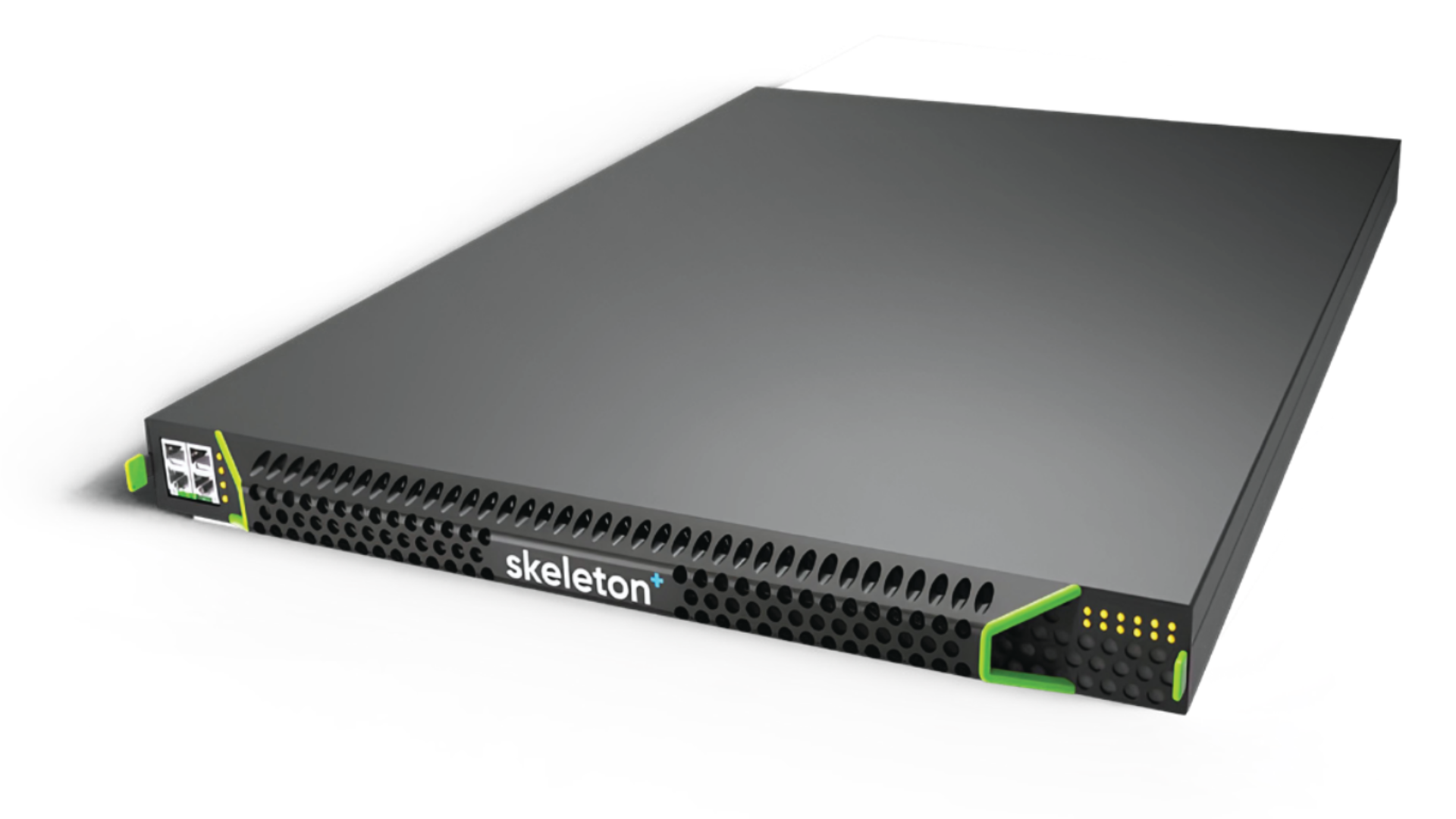
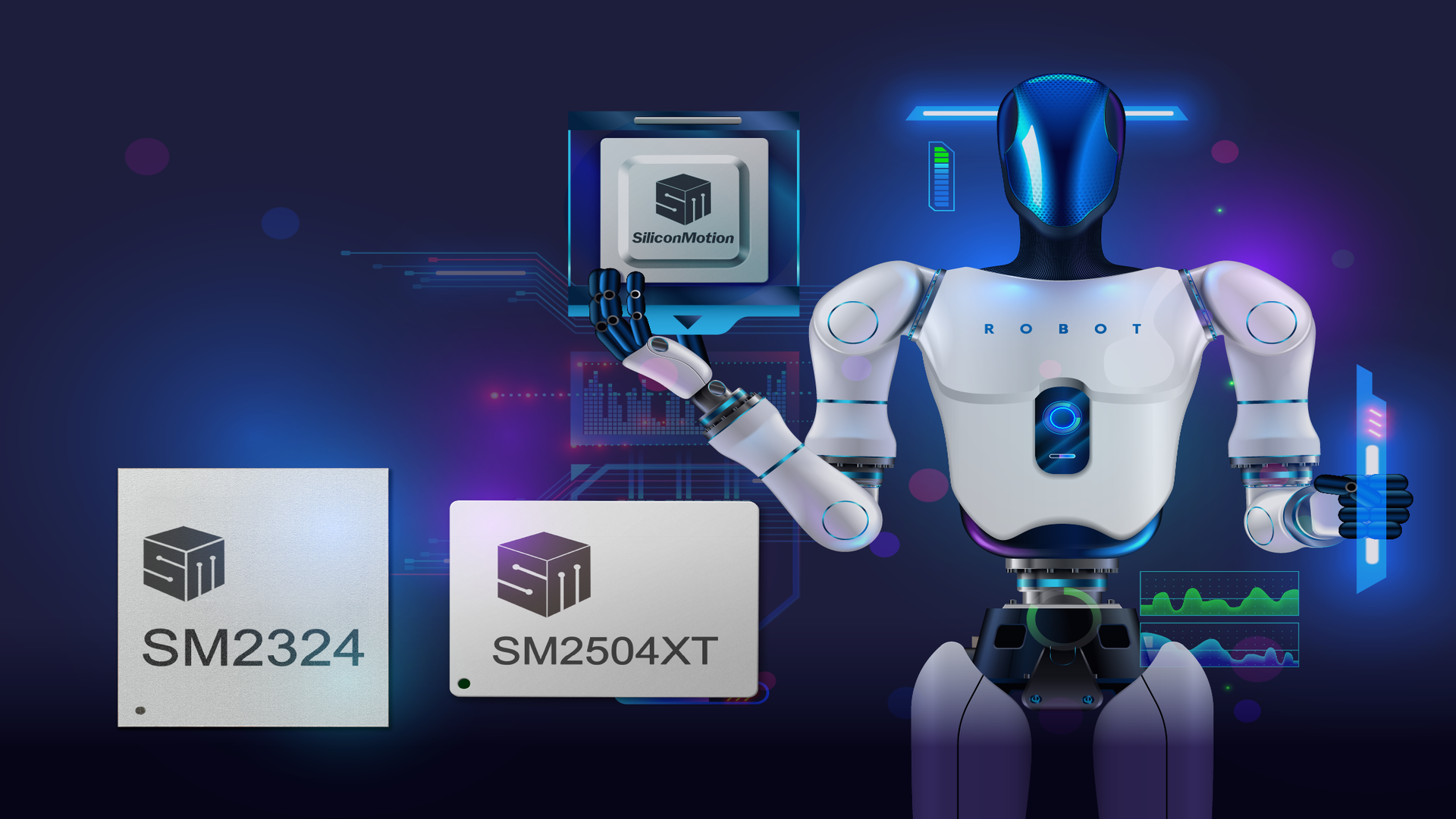







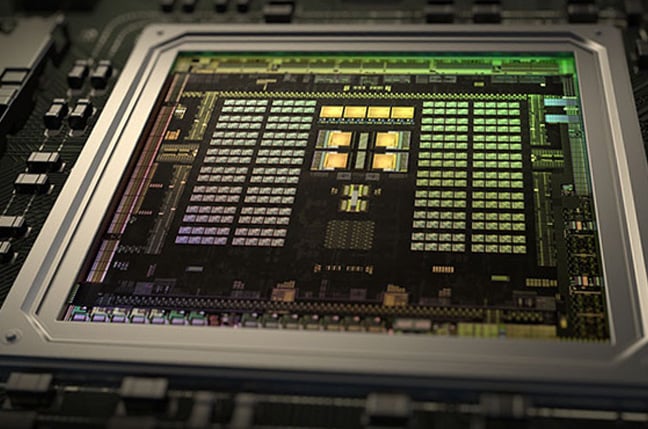
























































































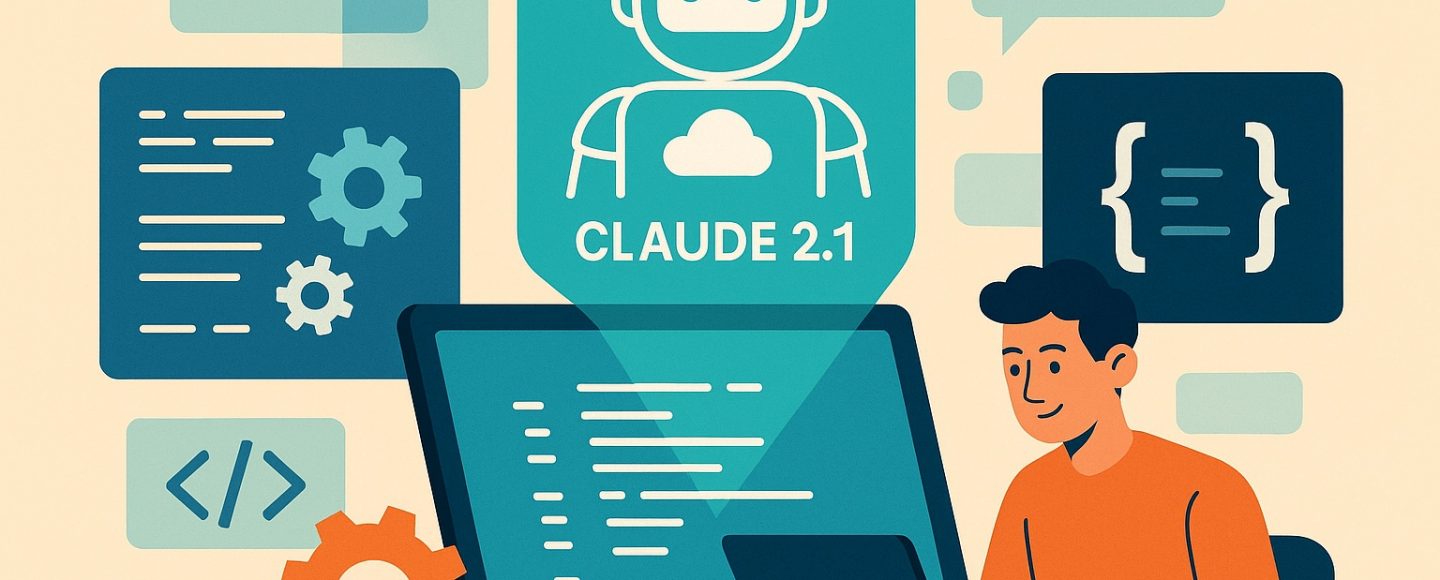
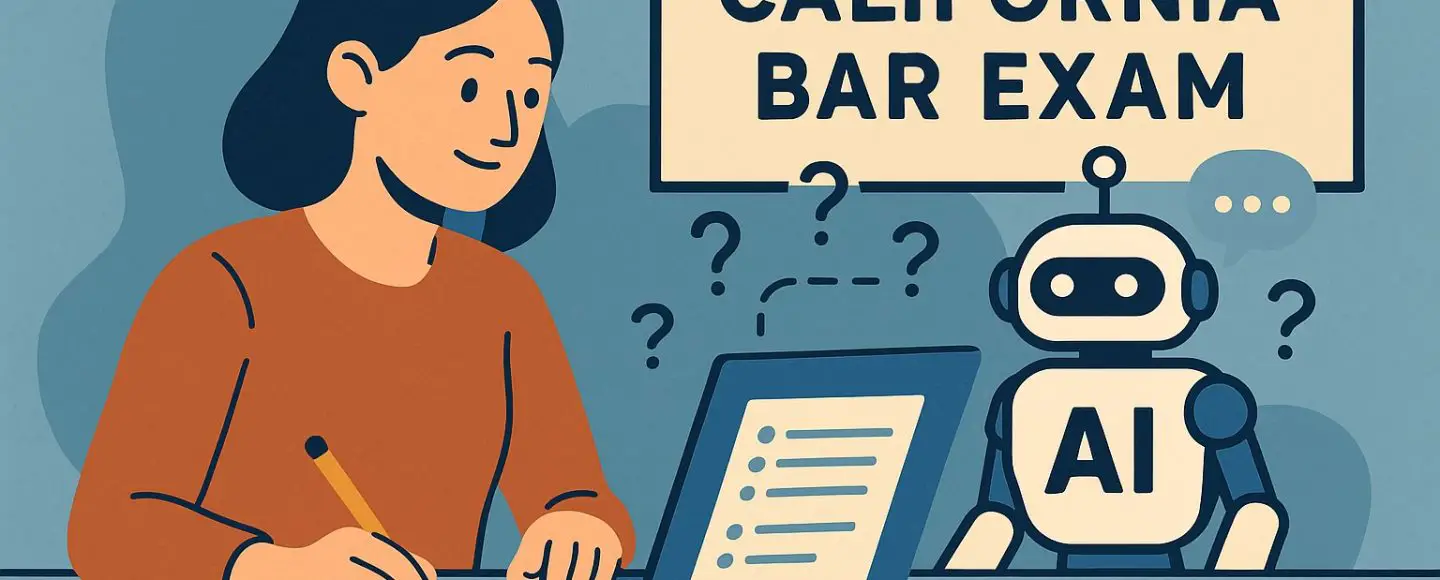
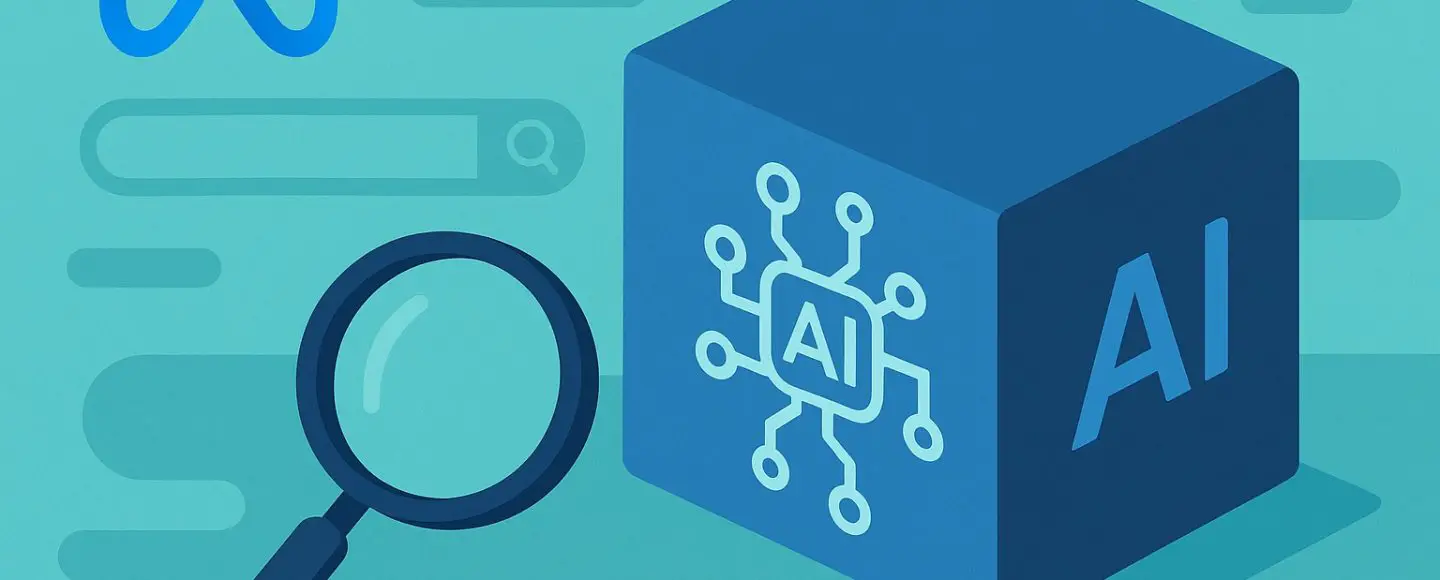






















































![[The AI Show Episode 150]: AI Answers: AI Roadmaps, Which Tools to Use, Making the Case for AI, Training, and Building GPTs](https://www.marketingaiinstitute.com/hubfs/ep%20150%20cover.png)
![[The AI Show Episode 149]: Google I/O, Claude 4, White Collar Jobs Automated in 5 Years, Jony Ive Joins OpenAI, and AI’s Impact on the Environment](https://www.marketingaiinstitute.com/hubfs/ep%20149%20cover.png)






































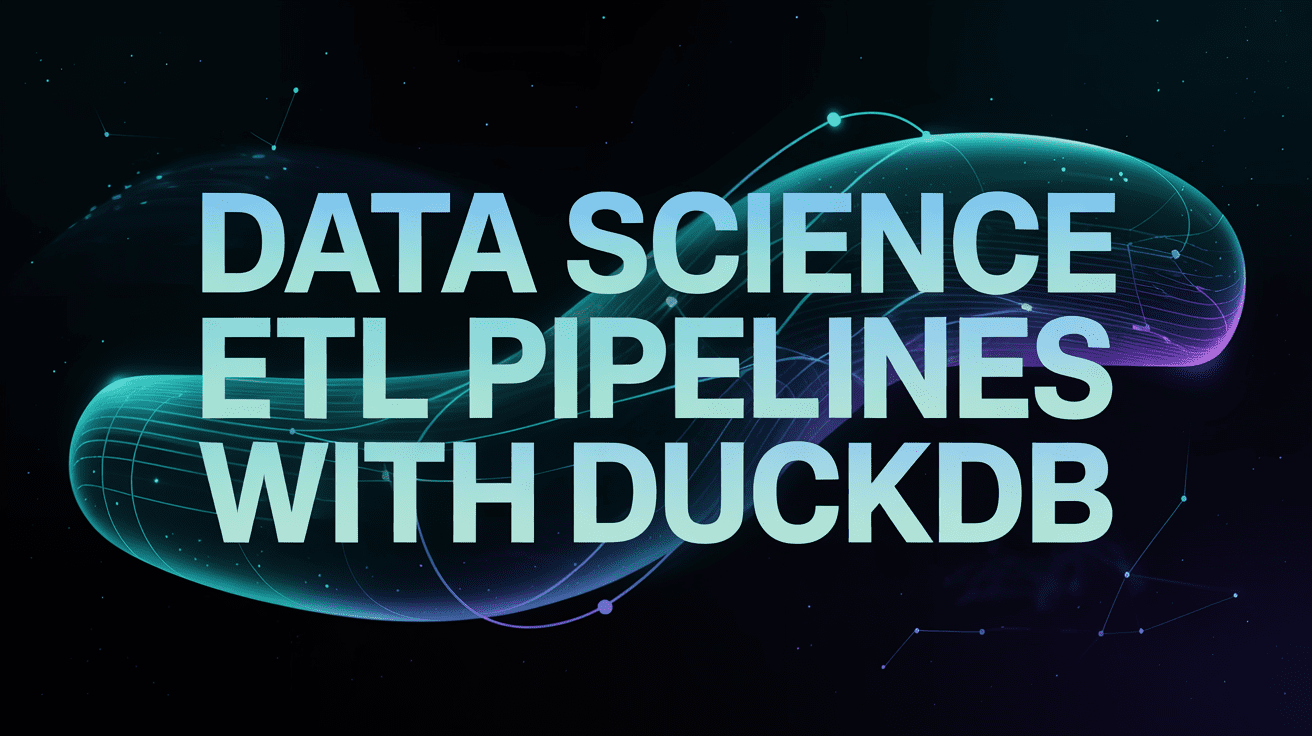
























































































![[PHP] Upgrading from PHP 7.4 to 8.1](https://media2.dev.to/dynamic/image/width%3D1000,height%3D500,fit%3Dcover,gravity%3Dauto,format%3Dauto/https:%2F%2Fdev-to-uploads.s3.amazonaws.com%2Fuploads%2Farticles%2Fqmaaabplfbcjejg2rr5n.png)






































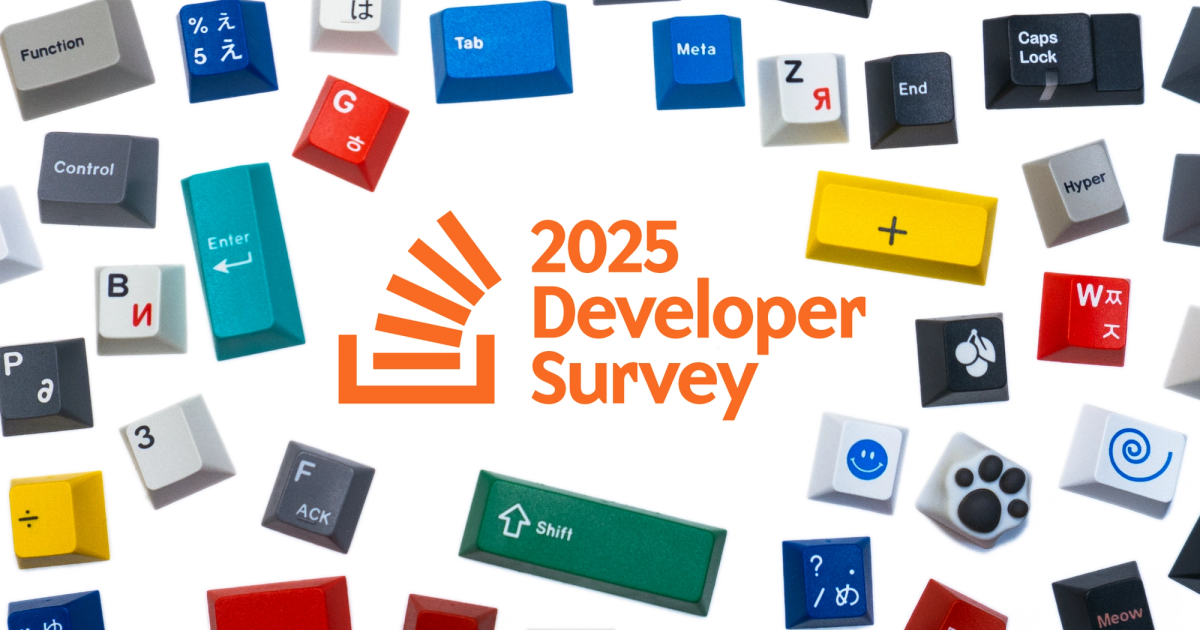



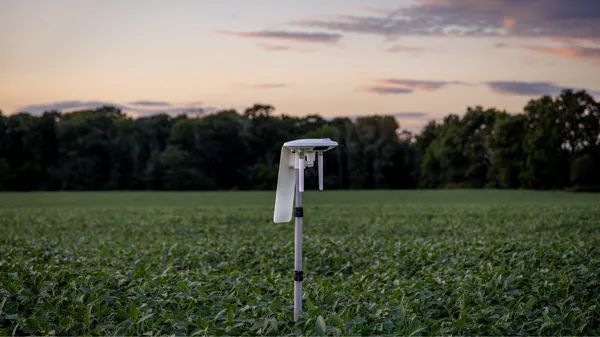




































































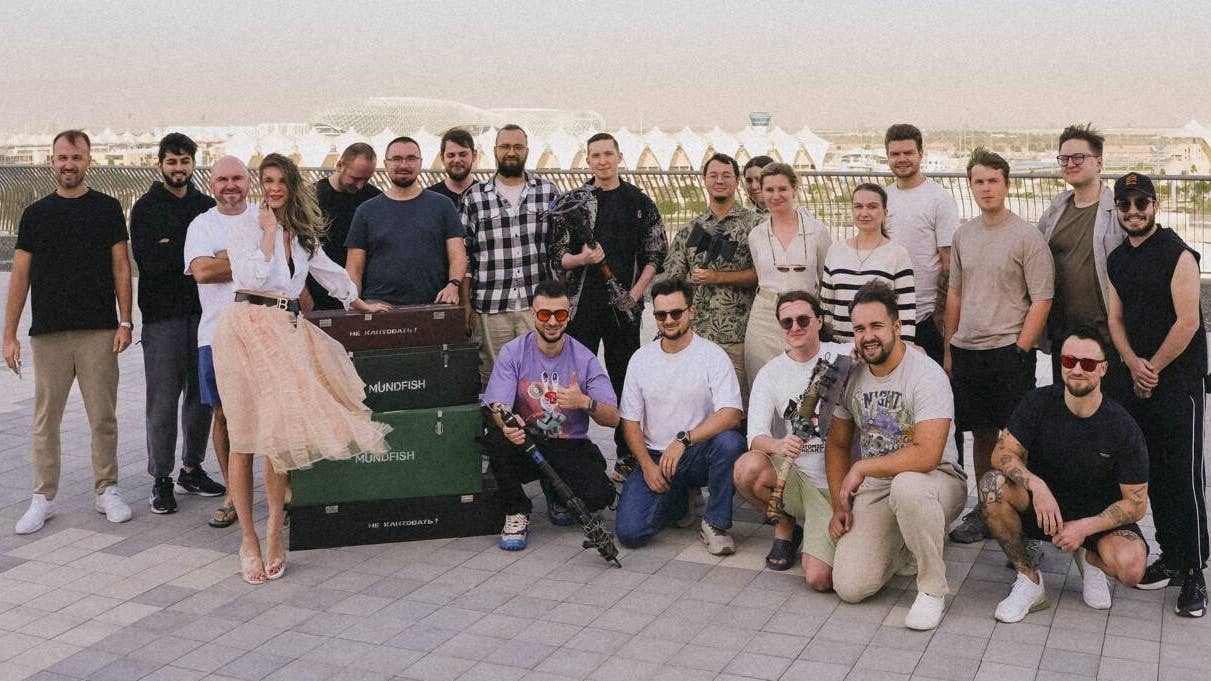

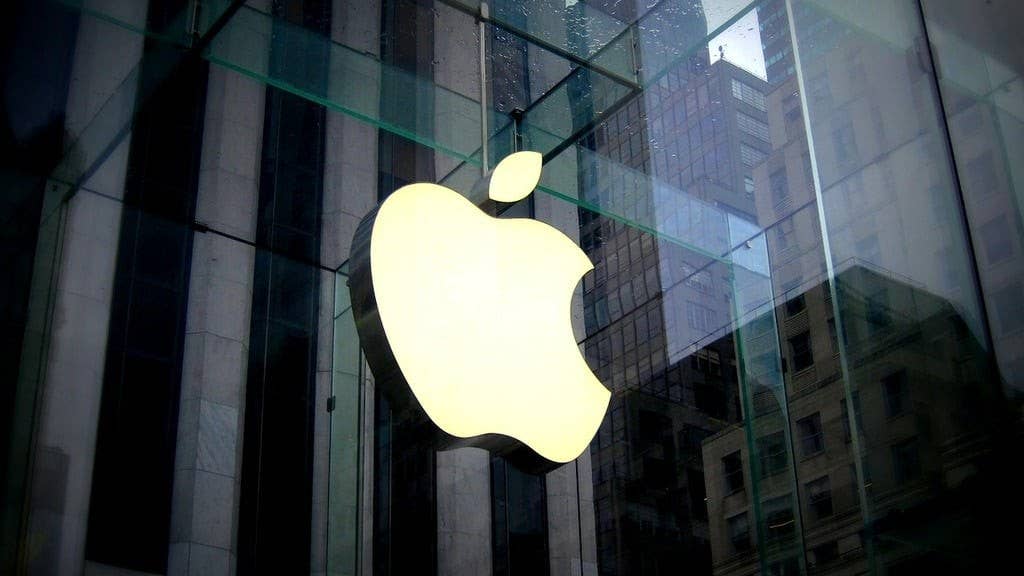












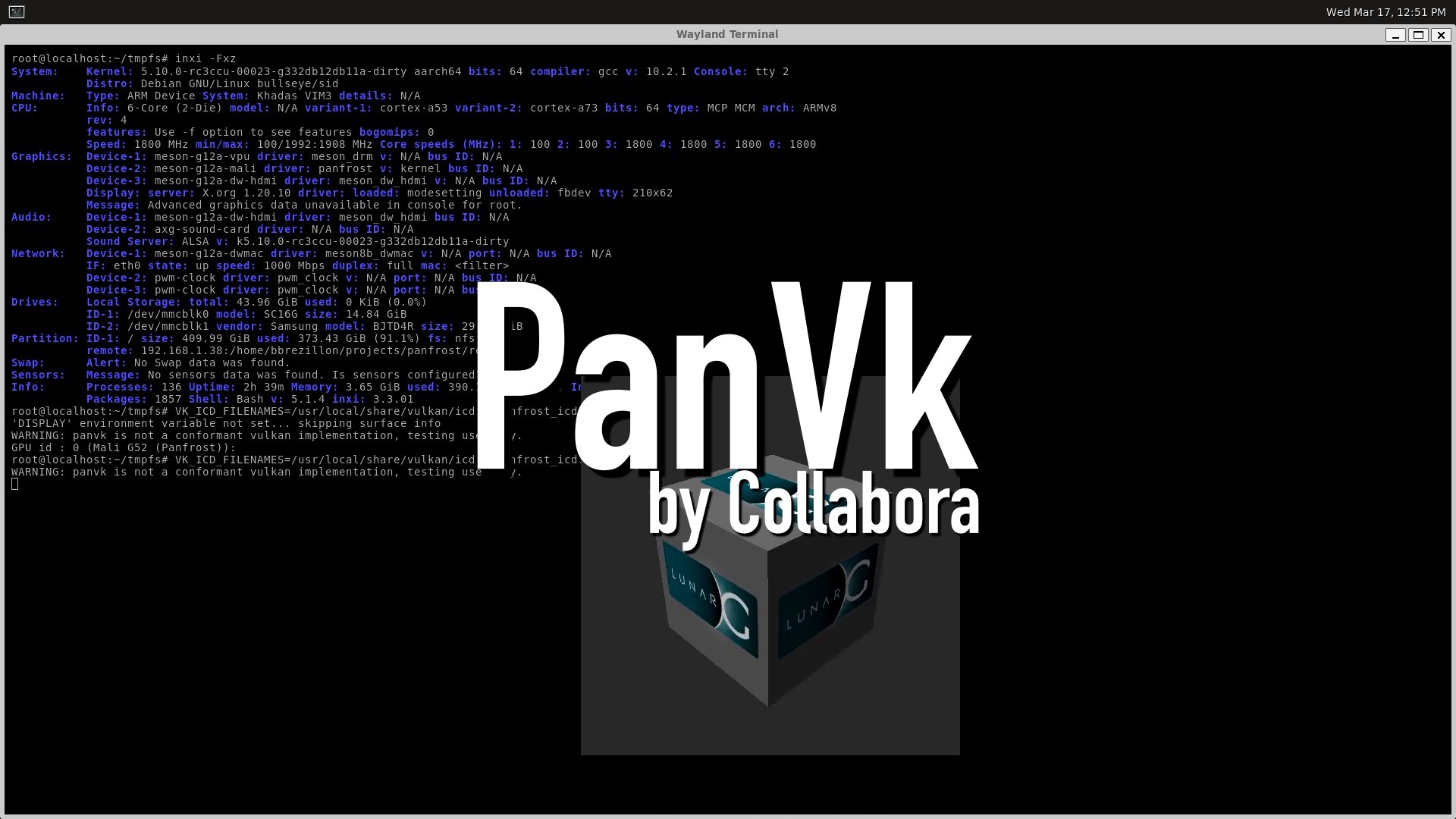







_ArtemisDiana_Alamy.jpg?width=1280&auto=webp&quality=80&disable=upscale#)
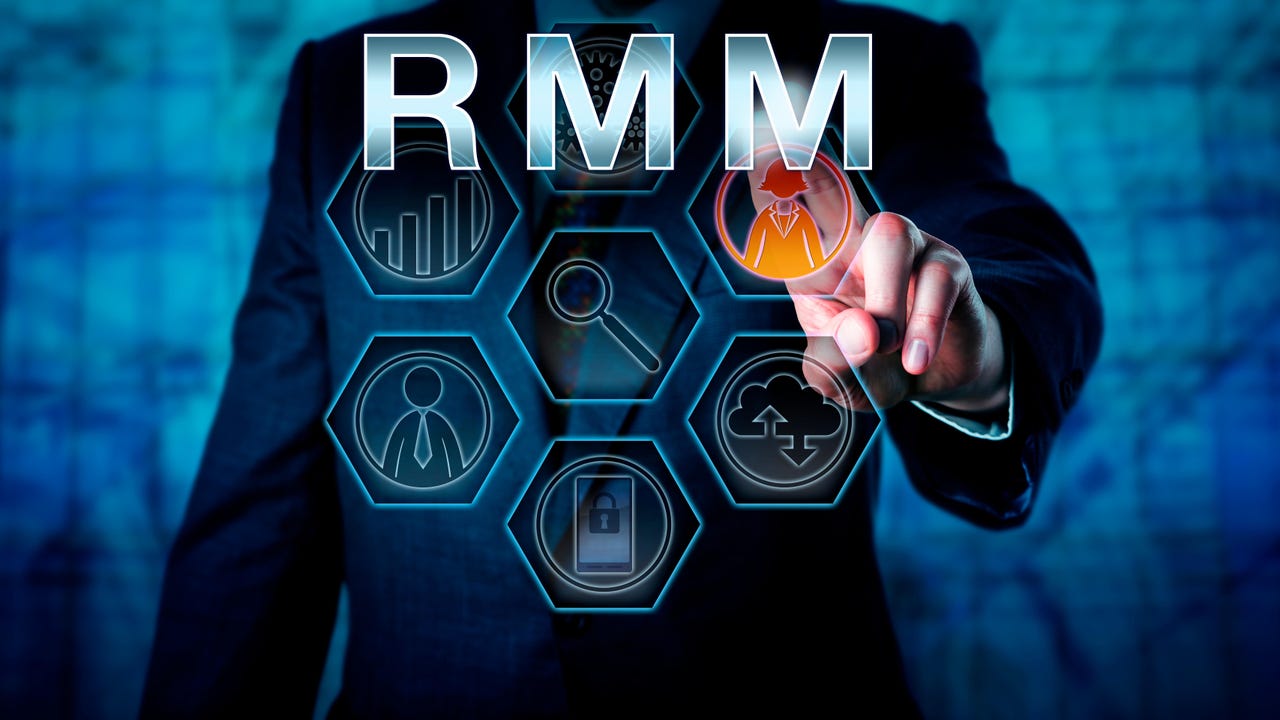
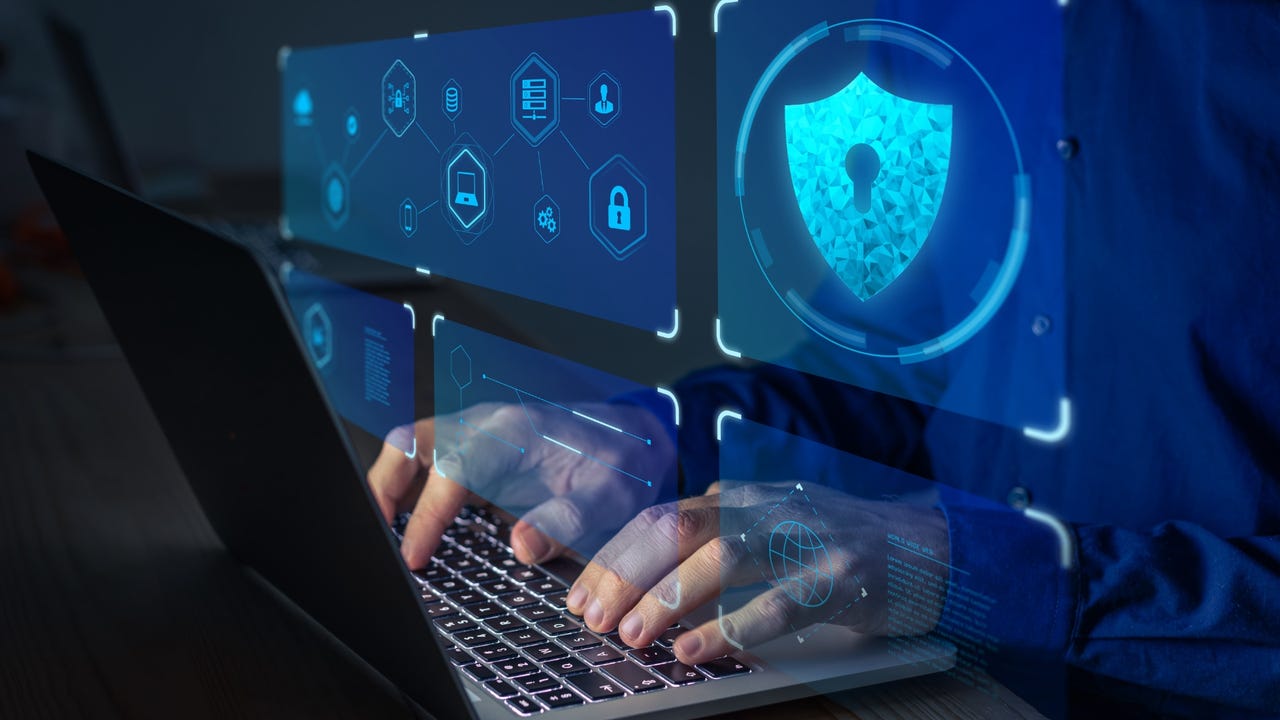



















































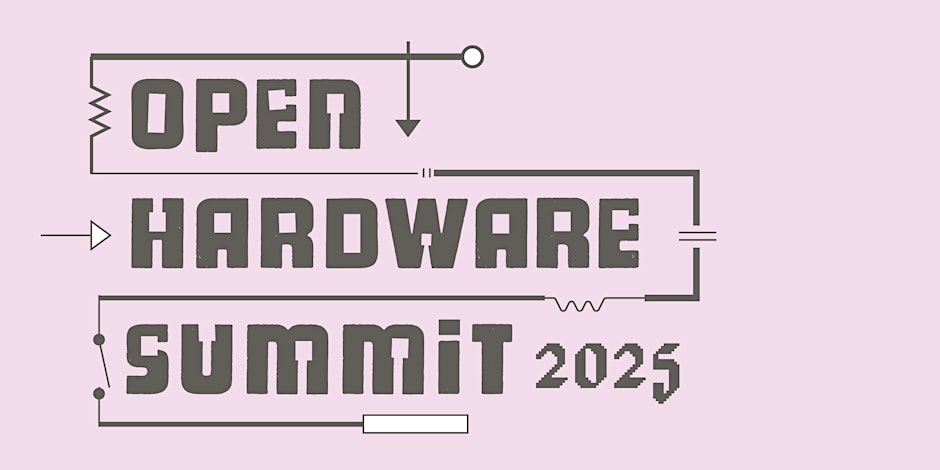


















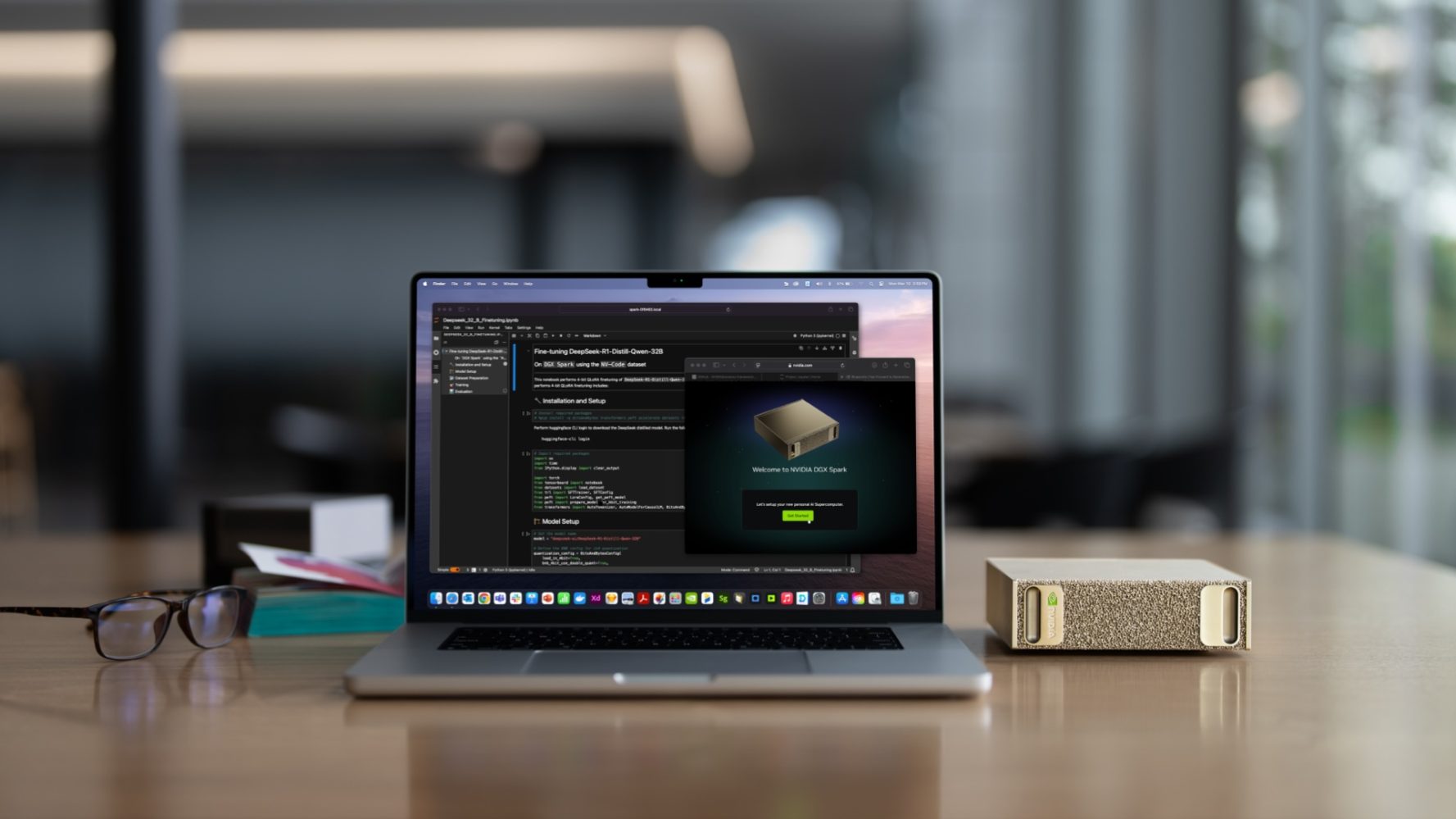


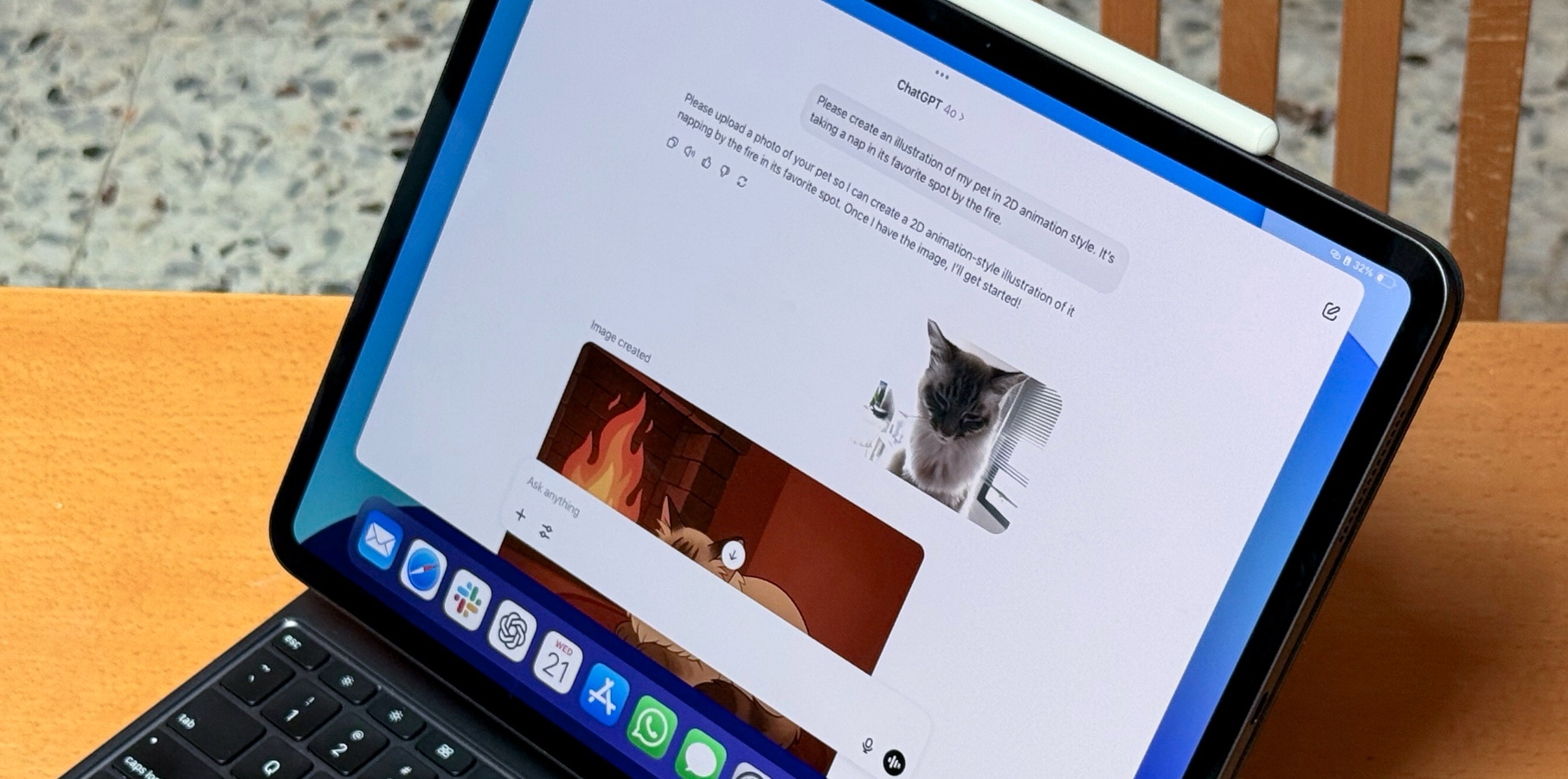







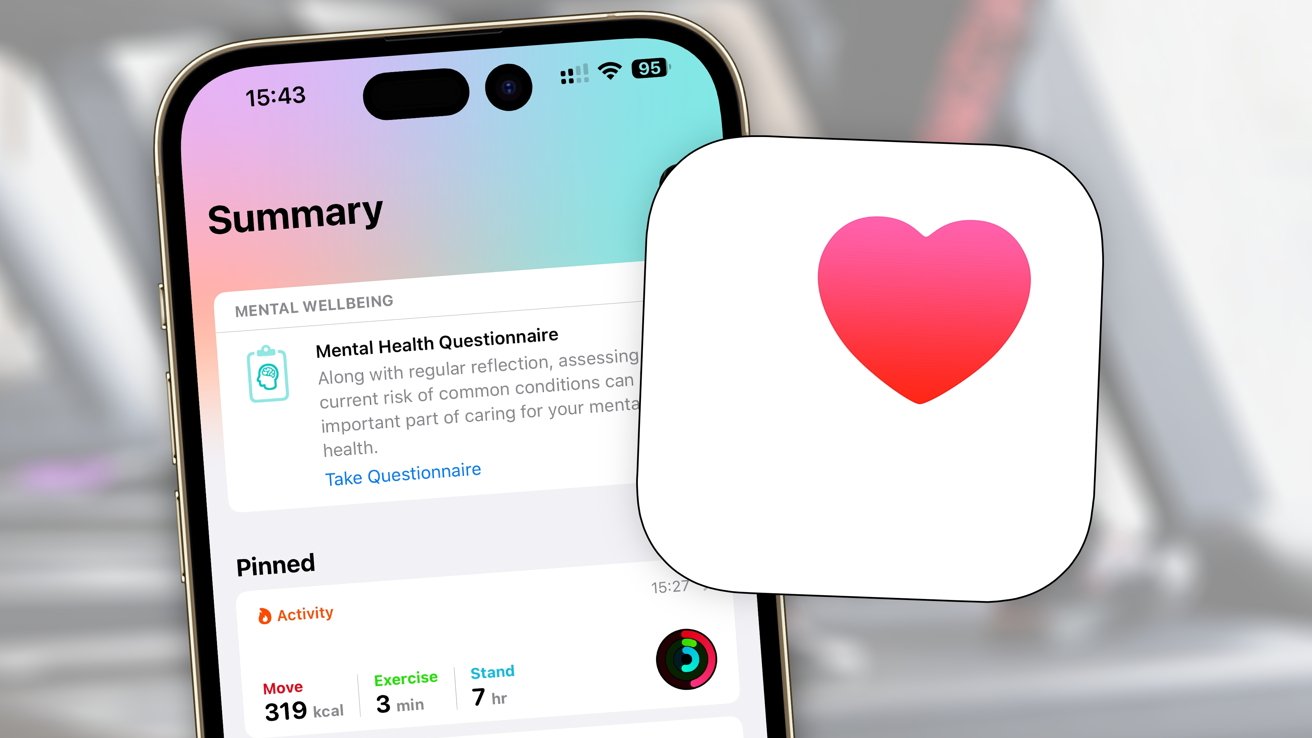


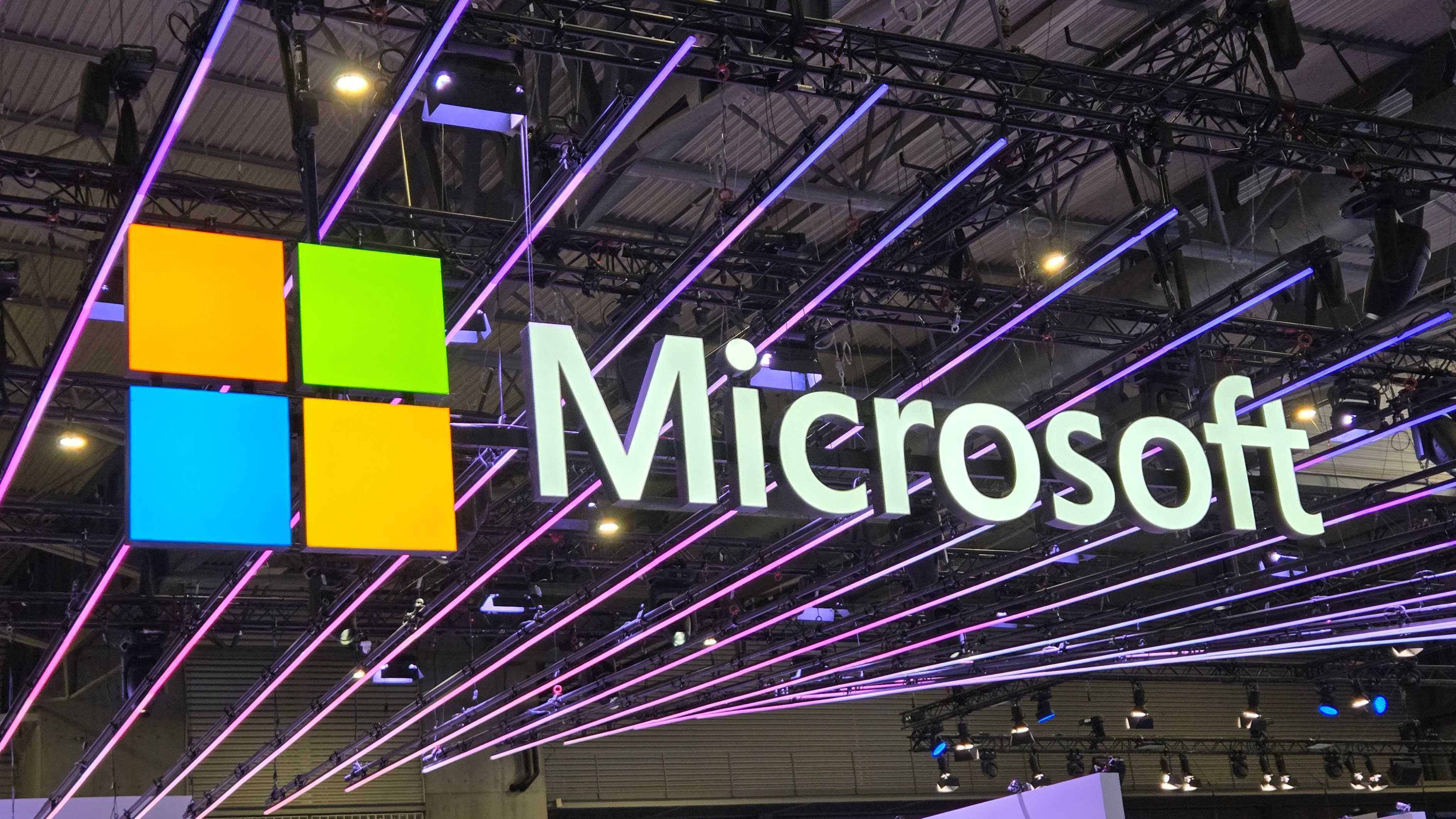




![In the market for a new router? Here are 13 models to avoid, according to the FBI [U]](https://i0.wp.com/9to5mac.com/wp-content/uploads/sites/6/2025/04/Most-Americans-are-paying-more-for-broadband-%E2%80%93-here-are-four-solutions.jpg?resize=1200%2C628&quality=82&strip=all&ssl=1)




![Galaxy S25 Ultra gets ‘Arc’ case that leaves the phone mostly exposed – available for Pixel 9 too [Gallery]](https://i0.wp.com/9to5google.com/wp-content/uploads/sites/4/2025/05/arc-pulse-case-galaxy-s25-ultra-1.jpg?resize=1200%2C628&quality=82&strip=all&ssl=1)













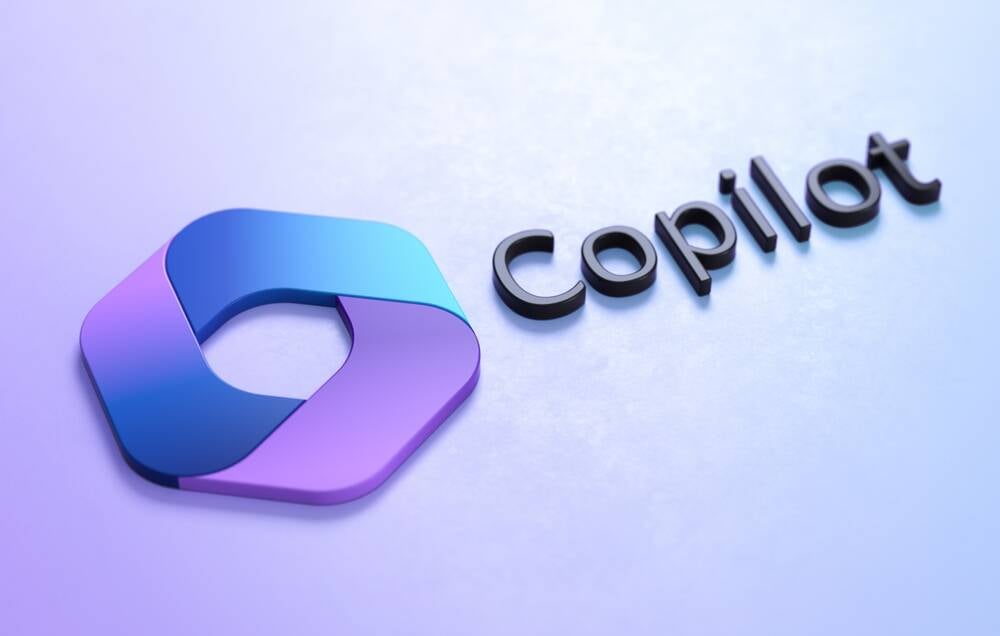


![Apple 15-inch M4 MacBook Air On Sale for $1023.86 [Lowest Price Ever]](https://www.iclarified.com/images/news/97468/97468/97468-640.jpg)

















































